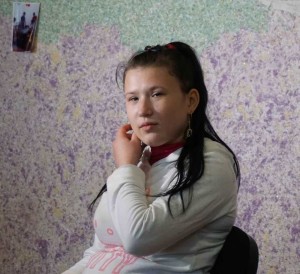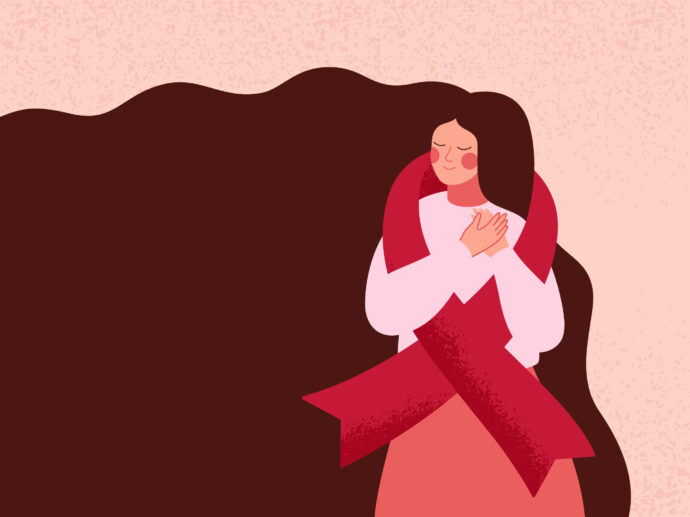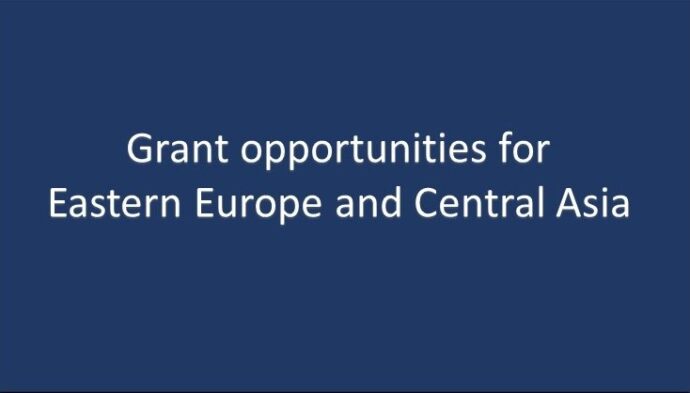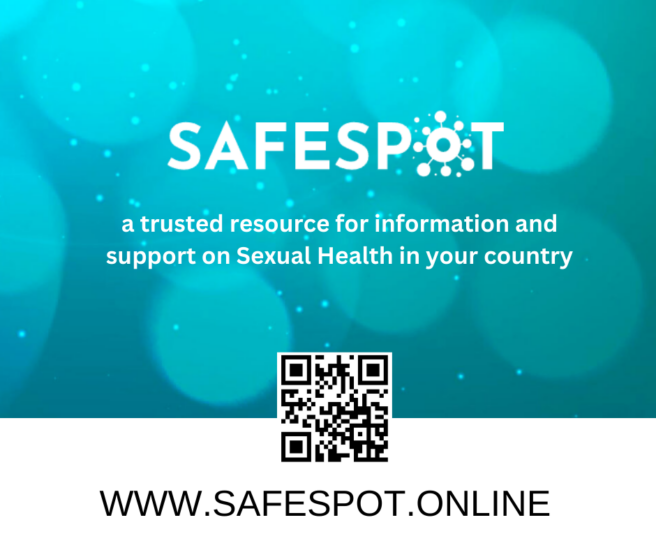By Elena Voskrenskaya, Director AIDS Foundation East-West (AFEW) Ukraine
 Today’s youth, tomorrow’s key populations?
Today’s youth, tomorrow’s key populations?
For many years, people who use drugs in Ukraine, especially those younger than 18 years, have been facing serious barriers that prevent them from accessing support services. The strict drug legislation, resulting from the global war on drugs, aims to punish people who use drugs rather than tackle the drug dealers. Moreover, the discriminating attitude of service providers and the lack of understanding within communities leave thousands of young people without proper treatment and care.
Care in a friendly environment
Although nowadays adults have better access to harm reduction, which is the most effective method to prevent HIV, children and adolescents who use drugs are left without this support in Ukraine. Also fear of being punished discourages young people to seek medical, legal and other services. The traditional available methods are limited to promoting immediate abstinence from drugs, in most cases with involvement of parents and schools and by informing the police. AFEW-Ukraine embraces innovative approaches. For four and a half years in four regions of Ukraine, we support services that give proper care in a friendly and encouraging environment. The aim is to support young people who use drugs in dealing with challenges and adjusting to life – no matter whether she or he stops using drugs or not. The method works because the services are based on consultations with community representatives and are aligned to the needs of young people.
‘I wanted a thrill’
The Compass Drop-In Centre in Kharkiv is one of the locations that offers services to young people. Oleksandr (17), a client of the centre, told me about his experiences: ‘I tried drugs for the first time when I was 14. Well, the very first time I was 11. I was bored, I wanted a thrill. I got in with the wrong crowd and it was normal. Then I started to suffer from paranoia and panic attacks. My dad is a policeman. But now my relatives really support me coming to the centre. I am more communicative with them now and I have more friends – I communicate more. This has a lot to do with the psychological support I have received here.’ Svitlana, another client of the Drop-In Centre, added: ‘I can’t remember being happy as a child, but I’m happy in the centre.‘
UNGASS
Maryna, psychologist in the centre in Kharkiv, explains that UNGASS is important for the people who use drugs and for the service providers: ‘If any declaration or action plan is adopted globally, it might help us in dealing with the local authorities. And when there is a certain strategy employed by a huge number of stakeholders, this will benefit initiatives for young people at the local level.’
Watch the video ‘Today’s youth, tomorrow’s key populations?’ about young people who use drugs in Ukraine




